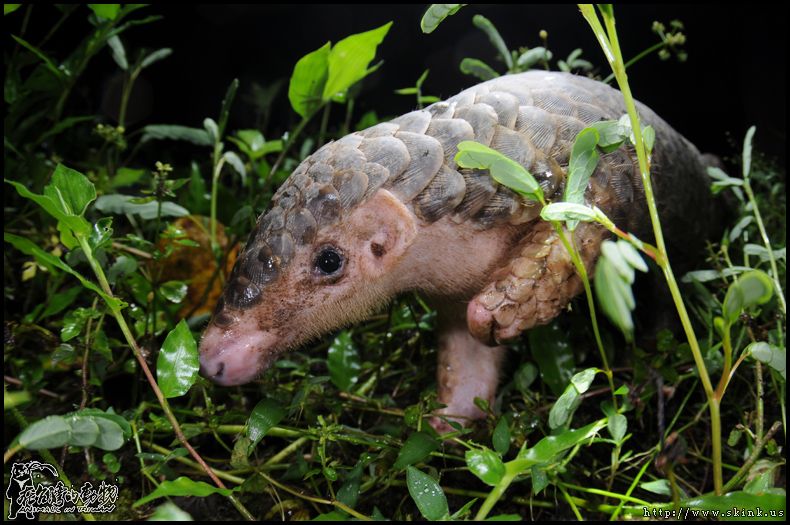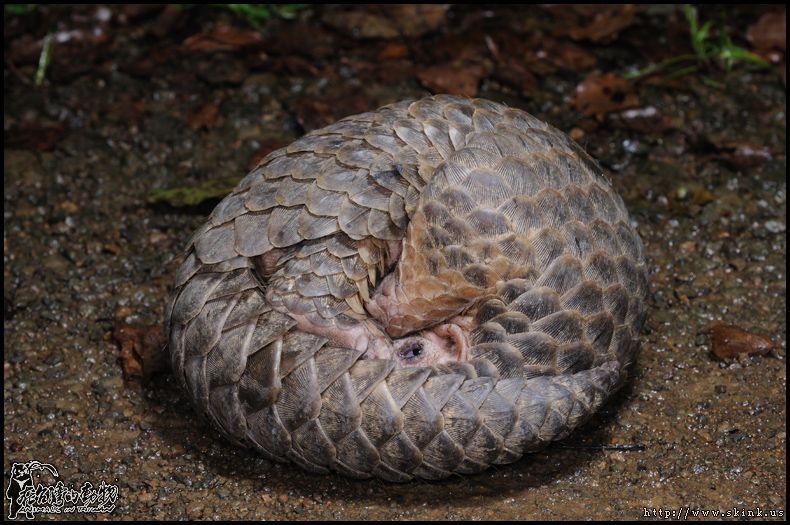Creating hope for critically endangered pangolins in India

Status
Critically endangered
Population
Decreasing (unknown)
Scientific name
Manis pentadactyla
Funding for this project has now finished
The problem
Chinese pangolins, like all the pangolin species, are threatened with extinction, with this species classed as critically endangered- the highest level before extinction. People hunt these animals in unimaginably large numbers for use in the traditional medicine trade, and also for food.
It is one of four species of pangolin found in Asia. This pangolin was given the common name Chinese pangolin because it’s mostly found across southern China. It also inhabits forests in India, Nepal, Bangladesh, Burma, Thailand, Laos and Vietnam.
In Arunachal Pradesh, India, there is an insatiable demand for pangolin scales and blood which is leading more and more hunters and traders into the area. Unfortunately we’re seeing pangolin numbers dwindle as the scale of demand for their body parts soars. And with the trade illegal and underground, black market prices rocket too.
The solution
Pangolins are easily recognisable. No other mammal has scales, so it’s easy to speak with people who may be involved in the trade, or even using the products, knowing there is no uncertainty about the animal involved.
It is also critical to unpick the underlying reasons people believe that pangolin body parts can be effective for their health. There are many complex economic and cultural values tied up in the pangolin trade that need to be understood and addressed.

So PTES is supporting Nabajit Das and his local workers to investigate the cultural values local tribes place on pangolins and simultaneously collect information on its trade and medicinal uses.
They can then assess the threat levels and identify the correct conservation management which are priorities for helping this species. Working alongside the local communities is critical if we want to stop this awful trade now. We are losing too many pangolins, we must act before it’s too late.
Thank you to all our donors who helped us fund this work. You can help us support more projects like this with a donation today:
